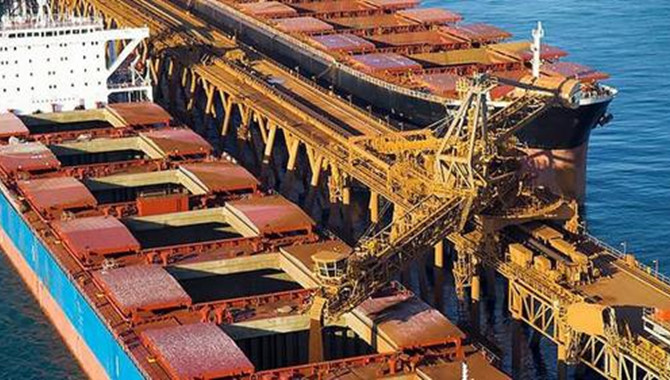
China's rapid economic recovery is lifting growth prospects in other countries from Asia, Oceania to America, particularly those having significant trade relations with China, such as Australia, Canada and Brazil. Many anticipate an export boom from China's expected increase in demand for commodities.
China's reopening could potentially help Canada avoid a recession, while Australia could see a boost of 0.4 percentage points to its GDP, and many Latin American economies are expecting a boom.
Chairing a meeting to solicit opinions on the government work report to the NPC, Premier Li Keqiang urged efforts to implement a package of economic stabilization measures and try to accelerate economic recovery, the Xinhua News Agency reported on Tuesday.
More growth-boosting policies could be rolled out by the government, said Dong Dengxin, director of the Finance and Securities Institute of the Wuhan University of Science and Technology. "China will swiftly become the locomotive of the world economy in the post-pandemic period," Dong told the Global Times on Tuesday.
As the world's major manufacturing hub, China's demand for commodities ranging from oil, natural gas to iron ore will grow, a silver lining for many countries that rely on exports of the commodities, Dong said.
"Commodities trade is booming, and more countries are counting on a vibrant Chinese economy to drive the growth of commodities in the world," he said.
In Australia, for example, China's reopening could help lift the country's GDP by 0.4 percentage points over the next two years, Australia & New Zealand Banking Group said on Wednesday, citing a surge in Chinese students and visitors as well as rising natural gas exports, according to Bloomberg.
Mike Henry, CEO of Australian mining giant BHP Group, said that China will be a stabilizing force for commodity demand this year, and the company will expand cooperation with Chinese partners, according to media reports. Australian officials are actively seeking to improve economic and trade ties.
For Canada, which produces a lot of commodities, China's reopening could fuel demand for its exports, which could in turn help the country's economy "avoid a recession as long as it does not also force up inflation and spur further interest-rate hikes," Reuters reported on Tuesday.
Many countries in Latin America are expecting an economic boom, as China reopens from three years of anti-COVID restrictions, according to the Economist in January. The magazine noted that China's recovery is good news for commodity exporters like Chile and Brazil, which send a big chunk of their copper and soybean exports to China.
However, some Western media are calling for "caution" about the impact of China's rapid economic recovery on already high global inflation. A Bloomberg article in January, for example, asserted that China was the "next big threat to global inflation".
Such claims are exaggerating Chinese economy's impact on global inflation, which aim to provide cover for Western governments' mistakes that drove up inflation in the first place and their failure to bring it down, Chinese experts said.
"The worsening inflation was caused by the West themselves," with the US-led relentless tech restrictions on China that created disruptions to global supply chains as well as their irresponsible monetary policies, Dong said.
The US and European economies are facing serious inflation, mostly because of their internal policies. China has kept inflation stable thanks to its prudent monetary policy over the past three years despite tremendous downward pressure, analysts noted, adding China will continue to maintain price stability in 2023.
"In 2022, the monetary and fiscal policy orientations of the US, the UK, Japan and other countries were mutually exclusive to varying degrees, resulting in a dilemma of coordination between monetary policy and fiscal policy, which will dampen market confidence and significantly amplify the uncertainty of inflation. A similar situation will most likely not appear in China," economists at ICBC International wrote in a note sent to the Global Times on Wednesday.
Source: Global Times
The opinions expressed herein are the author's and not necessarily those of The Xinde Marine News.
Please Contact Us at:
media@xindemarine.com


 PIL launches Academy to strengthen workforce compet
PIL launches Academy to strengthen workforce compet  Coal shipments to advanced economies down 17% so fa
Coal shipments to advanced economies down 17% so fa 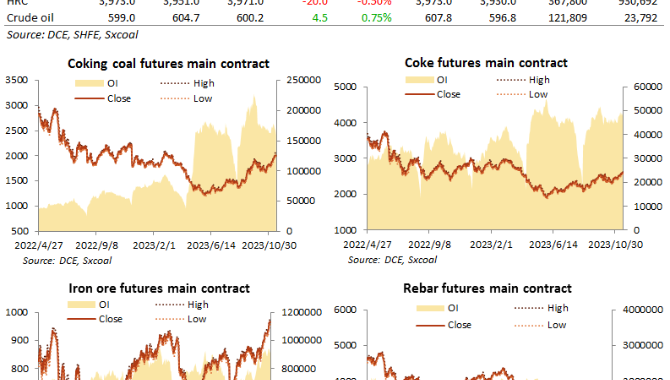 China futures market updates at close (Nov 14)
China futures market updates at close (Nov 14) 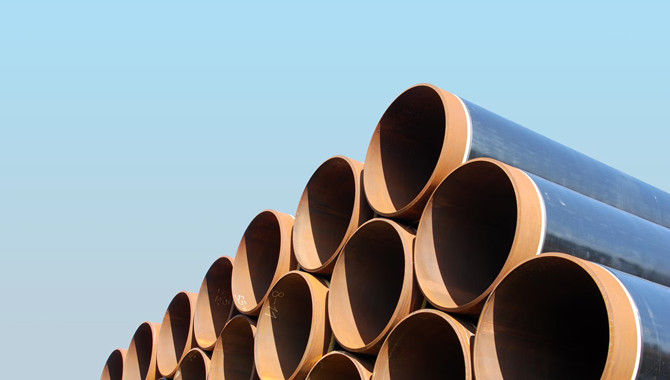 CISA: China's daily crude steel output down 5.7% in
CISA: China's daily crude steel output down 5.7% in 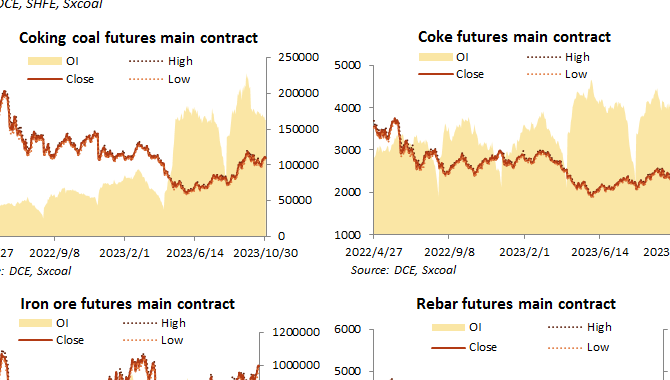 China futures market updates at close (Oct 31)
China futures market updates at close (Oct 31) 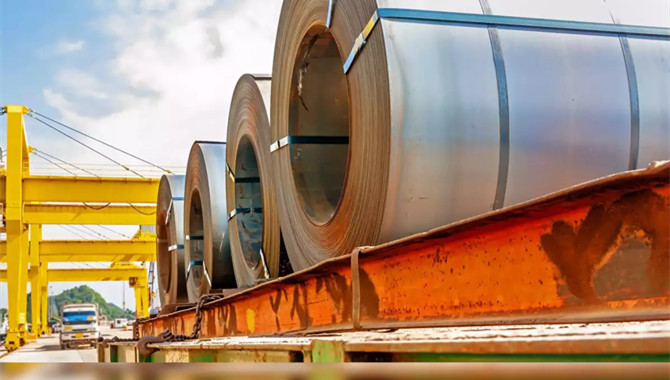 CISA: China's daily crude steel output down 1.2% in
CISA: China's daily crude steel output down 1.2% in